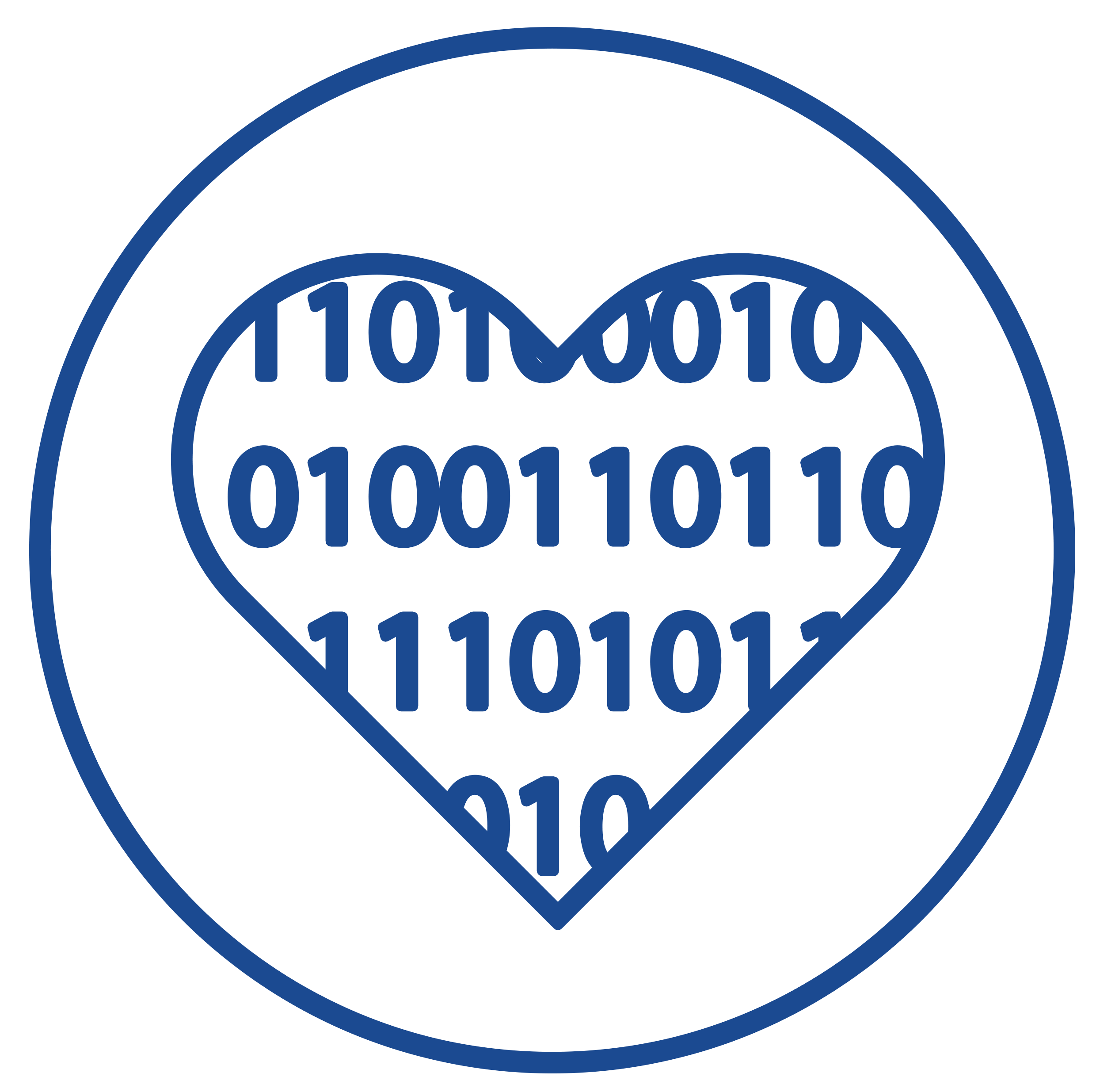Start - Personalized Medicine

Personalized medicine
Experts from SUT are also involved in multi-centre studies in the field of drug pharmacodynamics, protocol optimisation, and prediction of the results of anti-cancer therapies with the use of systems engineering tools. They are coauthors of innovative technologies for the production of advanced materials and coatings with anti-cancer properties for regional chemotherapy. The possibility of therapeutic monitoring of drugs using modern miniaturised green chemistry solutions is another step towards precision medicine. Research in this area is conducted with partners from Cambridge Uni, Imperial, Trinity College Dublin and Uni of Linköping. Innovative electroactive protective coatings combining high biocompatibility with antibacterial and antifungal properties have been developed in the SUT laboratories. Nanometric surface functionalisation techniques were also used in biomaterials for the diagnosis and treatment of neurological disorders.
Precise medicine support also means creating tools for modelling in silico of medical procedures or implants' impact on the body. Developed in cooperation with the Burn Treatment Center in Siemianowice Śląskie, mathematical models of hyper- and hypothermia processes, including using novel non-Fourier methods for describing heat flow in living organisms, allow prediction of the degree of burns and assessment of burns and chronic wounds.
Our experts
Joanna Polańska is a Professor of Biocybernetics at the Faculty of Automatic Control, Electronics and Computer Science, member of Committee of Biocybernetics and Biomedical Engineering of the Polish Academy of Sciences. Professor Polańska is an expert in data science, focusing mainly on the development and application of novel data analysis algorithms in medicine and biology. Her group is widely recognised for their comprehensive research within the area of proteomics and mass spectrometry imaging, conducted in cooperation with Oncology Centre, Gliwice and Technical University of Munich, that resulted in the construction of the complete signal analysis pipeline leading to the near-lossless data compression. The extensive studies on the cancer omics and radiation response signature initiated the development of the unsupervised method for training set selection in the case of heterogeneous, high dimensional data that was recently successfully used in the pharmacodynamics single-cell transcriptomics (Yale University, Cancer Centre) and mass cytometry studies (Max-Planck Institute for Infection Biology, Berlin and Stellenbosch University, RPA).
Sylwia Bajkacz (Magiera) is supervisor of the chromatography laboratory at the Laboratory of Chemical Synthesis and Analysis at the Biotechnology Center of the Silesian University of Technology. Dr Bajkacz is an expert in bioanalytical chemistry, the use of separation and spectral techniques in biomedicine and in environmental biotechnology. The area of Dr Bajkacz’s research is focused on the development of novel, innovative analytical procedures in the fields of biomedicine, life sciences and biotechnology. Her publications and accomplished research projects concern the applications of new, miniaturized and green method solutions in separation science and sample preparation technologies.









